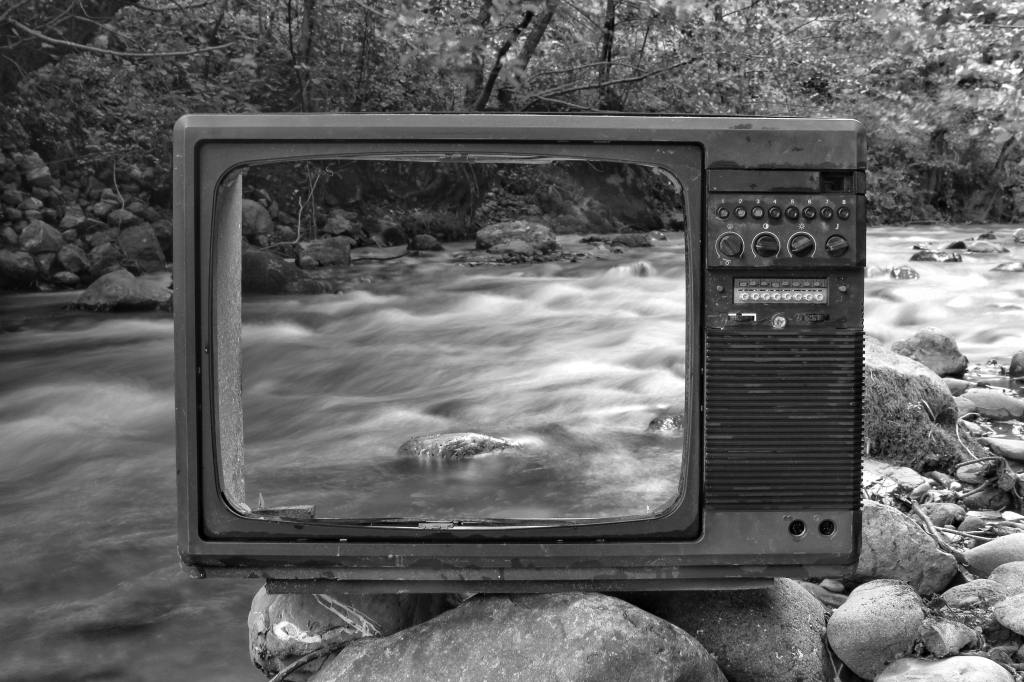Slow conferences save the world!
Maybe not completely.
But, this years Critical Studies in Television Conference really made a strong case for online conferences, reducing travel and increasing accessibility. Run by Edge Hill University’s Television Research Group, this slow conference was scheduled over two weeks and mostly recorded, allowing speakers from all around the world to take part. This slower layout also allows those with differing time commitments and responsibilities to take part. Opening the door to audiences who can’t afford to travel or aren’t able to with the care or other commitments.

TV saves the world!
Themed on the UN’s Sustainable Development Goals, the 2 week conference really did explore the potential of a large variety of Television productions to inspire change and make an impact that may help ‘save the world’. With each paper themed on one or more of the 17 goals, researchers explored the ways their projects or chosen series interconnected with targets like ‘Climate Action’ and ‘Industry, Innovation and Infrastructure’ that aim to create “peace and prosperity for people and the planet, now and into the future.”1
One of my favourite panels was ‘Representing Climate Change: An industry perspective‘2 – which I have to admit is where I borrowed the ‘save the world’ theme from (thank you). This panel linked beautifully with my own project with its focus on the commissioning and filmmaking practices of the television production industry. Here I was introduced to ideas such as ‘trojan horse’ storytelling that are story-led rather than issue-led – as the topics of climate justice can be beautifully interwoven into almost any content. But it also opened my eye eyes to the mind and decision making process of commissioners, as I began to question what would be considered ‘worthy’ content or what was the commissioning ‘norm’ for Natural History documentaries? And how could the desire to commission hopeful messages be balanced with creating space to discuss reality – without messages becoming overly ‘doom and gloomy’?
This panel has also sent me on my own journey exploring what does it mean to empathise with the main character (also if they happen to be non-human)? How does it affect our ability to remain critical of the message? And what is the impact or the hero or anti-hero character on the audience’s engagement with behaviour change? What is our agency as audience members embedded within our human communities and much larger ‘ecosystems’? And how is this influenced by what we see on screen?
All are questions that are prodding and shaping my own research, and there are no answers I can pretend to have yet. But I can say a massive thank you for the seeds of inspiration all the presenters planted! My mind was truly boggled. And the magic of a slow conference is that you have the time to reflect afterwards!
I save the world?

I really don’t.
And this is me in the past trying to (not at the conference!)… with empathy and slowing down. I must have predicted I was going to write this blog…
As the first conference I have presented at, it was an amazing opportunity to consider how the topic I research, Natural History documentaries, might help to nudge people in the right direction!
The conference’s theme got me thinking about how the impact of these blockbuster wildlife series and their filmmaking process closely links with goal 12 ‘Responsible Production and Consumption’.
This could have gone in many ways, and I could have easily written an hour long ramble, but I was tied to 20 mins! Just briefly a few of the topics I considered discussing:
- The impact of BBC’s final episode of Blue Planet II – This episode changed how audiences thought about disposable plastics and encouraged the start of new habits – like reusing plastic bags. This example of sustainable behaviour change shifted consumption patterns and caused companies to change their production patterns too.
- Carbon calculators – Broadcasters and production companies are increasingly practicing more climate aware filmmaking practices trying to cut down on their carbon footprint and their waste. With organisations such as BAFTA’s albert creating amazing resources and training to help production calculate and cut their CO2 emissions, sustainable practices are now becoming the norm.
- Impact production – Amongst filmmakers, there is a growing interest in Impact production. This covers all from the impact a production has on its filming location, to the impact it has on its audience, and the wider socio-political impact of its message. It is very hard to concisely define ‘impact’ but Doc Society’s toolkit does a really good job of providing the practical steps filmmakers can take.
Overall, it encouraged me to question – what does it mean to responsibly produce television content and how/can audiences responsibly consume what they watch?
My presentation was far from perfect! I was ill, I had a big nervous sweat on and I needed a 2 hour nap afterwards (thanks to the magic of slow conferences yet again). But, I had some truly phenomenal questions in response! I was so relieved and excited by the engagement of others and their interest – particularly in the role of Sir David Attenborough!

(when obviously gives me a standing ovation…)
Gratitude saves the world!
This one I believe a little more.
I want to say a massive thank you to Edge Hill University and the amazing organisers from the Television Research Group for the fantastic and eye opening two weeks. And the beyond brilliant organisation and communication! It was a joy to attend and a real pleasure to present at.
Thank you for making my first experience of presenting such a good one!
- Want to find out more about the history of the 17 SDGs? https://sdgs.un.org/goals#history ↩︎
- Here are links to find out more about the speakers of this brilliant panel: https://www.gcu.ac.uk/aboutgcu/universitynews/work-starts-on-climate-change-tv-drama-phds
https://www.brown.edu/academics/college/swearer/programs/royce-fellowship/48/fellows/zo%C3%AB-fuad ↩︎
